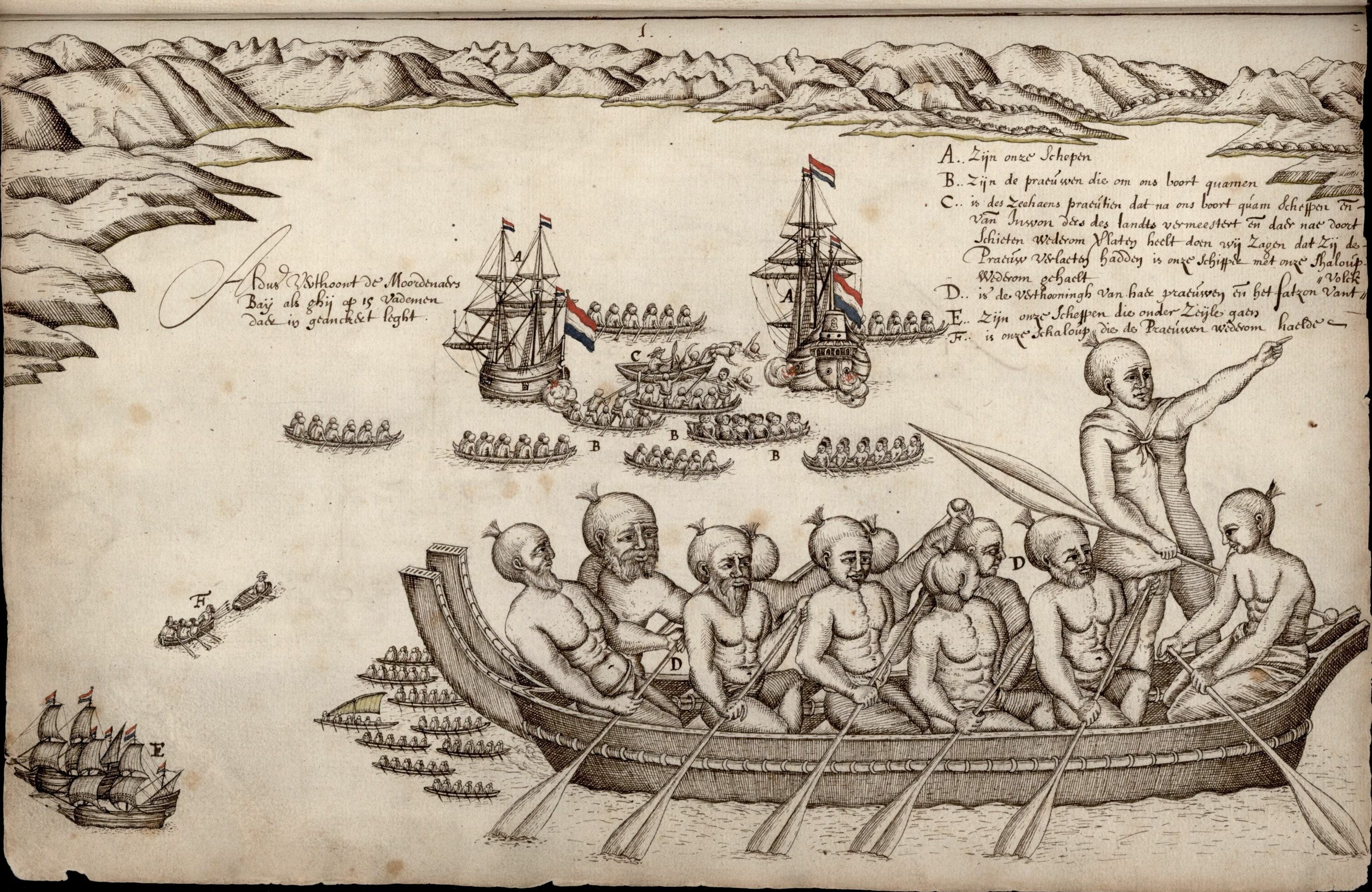|
Pūhaorangi
According to Māori mythology, Pūhaorangi is a celestial being who descended from the heavens to sleep with the beautiful maiden Te Kuraimonoa. From this union came the revered ancestor Ohomairangi.Paul Tapsell. 'Te Arawa', Te Ara - the Encyclopedia of New Zealand, updated 4-Apr-2008 URL: http://www.TeAra.govt.nz/NewZealanders/MaoriNewZealanders/TeArawa/en Pūhaorangi is a powerful celestial deity associated with the cosmic halo and was the protector of Rangiātea which is the name of the house of the Creator in the heavens. It is because of this celestial origin that Ohomairangi and his descendants are known as ''Te Heketanga a Rangi'' (Descent of Heaven) a title carried by the navigator and explorer Ngatoroirangi. References Māori gods {{deity-stub ... [...More Info...] [...Related Items...] OR: [Wikipedia] [Google] [Baidu] |
Ohomairangi
In Māori mythology, Ohomairangi is an important ancestor who lived in Hawaiki six generations before the migration to Aotearoa (New Zealand). He is considered the major ancestor of the people of both Te Arawa and Tainui waka. During his lifetime, Ohomairangi acted as the guardian of Taputapuatea marae in Rangiatea (Raiatea), which is considered the most sacred site in Polynesia. Said to be the son of Kuraimonoa, a mortal woman, and the celestial being Pūhaorangi, Ohomairangi was the father of the high priest and navigator, Muturangi, who contended with Kupe.Paul Tapsell. 'Te Arawa', Te Ara - the Encyclopedia of New Zealand, updated 4-Apr-2008 URL: http://www.TeAra.govt.nz/NewZealanders/MaoriNewZealanders/TeArawa/en By the time of his great-grandson Atuamatua, the descendants of Ohomairangi were known as ''Ngāti Ohomairangi'' or ''Nga Ohomairangi'' and had influence at Aitutaki, Raiatea, and surrounding islands. Eventually two divisions of this tribe were responsible for th ... [...More Info...] [...Related Items...] OR: [Wikipedia] [Google] [Baidu] |
Māori Mythology
Māori mythology and Māori traditions are two major categories into which the remote oral history of New Zealand's Māori may be divided. Māori myths concern fantastic tales relating to the origins of what was the observable world for the pre-European Māori, often involving gods and demigods. Māori tradition concerns more folkloric legends often involving historical or semi-historical forebears. Both categories merge in to explain the overall origin of the Māori and their connections to the world which they lived in. Māori had yet to invent a writing system before European contact, beginning in 1769, so they had no method to permanently record their histories, traditions, or mythologies. They relied on oral retellings memorised from generation to generation. The three forms of expression prominent in Māori and Polynesian oral literature are genealogical recital, poetry, and narrative prose. Experts in these subjects were broadly known as . The rituals, beliefs, and ge ... [...More Info...] [...Related Items...] OR: [Wikipedia] [Google] [Baidu] |
Rangiātea
Rangiātea in New Zealand Māori culture and tradition, is considered to be simultaneously a physical place as well as a metaphysical place. The physical Rangiātea is somewhere in the Pacific Islands, possibly Ra'iātea Island in the Society Islands (also known as Tahiti), however, it is not totally certain. Other possible locations are in the Cook Islands. The metaphysical place is considered a font or source of learning and knowledge, especially knowledge handed down by gods, spirit-ancestors, or ancestors. For example, the mythical god-ancestor Tāne is said to have received the Baskets of Knowledge from the supreme being Io. These baskets were suspended within a building named Rangiātea. This position as a source of higher learning is reflected in the ancient exhortative proverb: "Kia puta ai te ihu ki Rangiātea." 'So that your nose may arrive at Rangiātea.' This expression encourages the individual to pursue study, practice, and mastery of skills to fulfil their poten ... [...More Info...] [...Related Items...] OR: [Wikipedia] [Google] [Baidu] |
